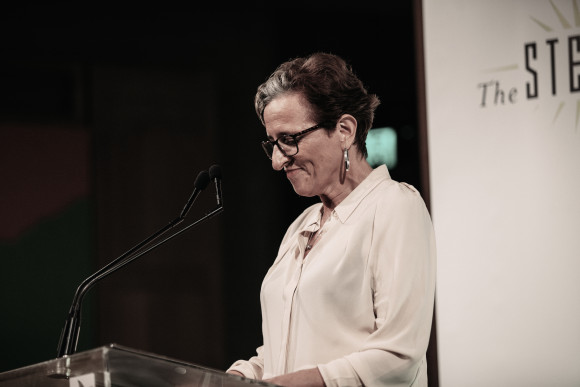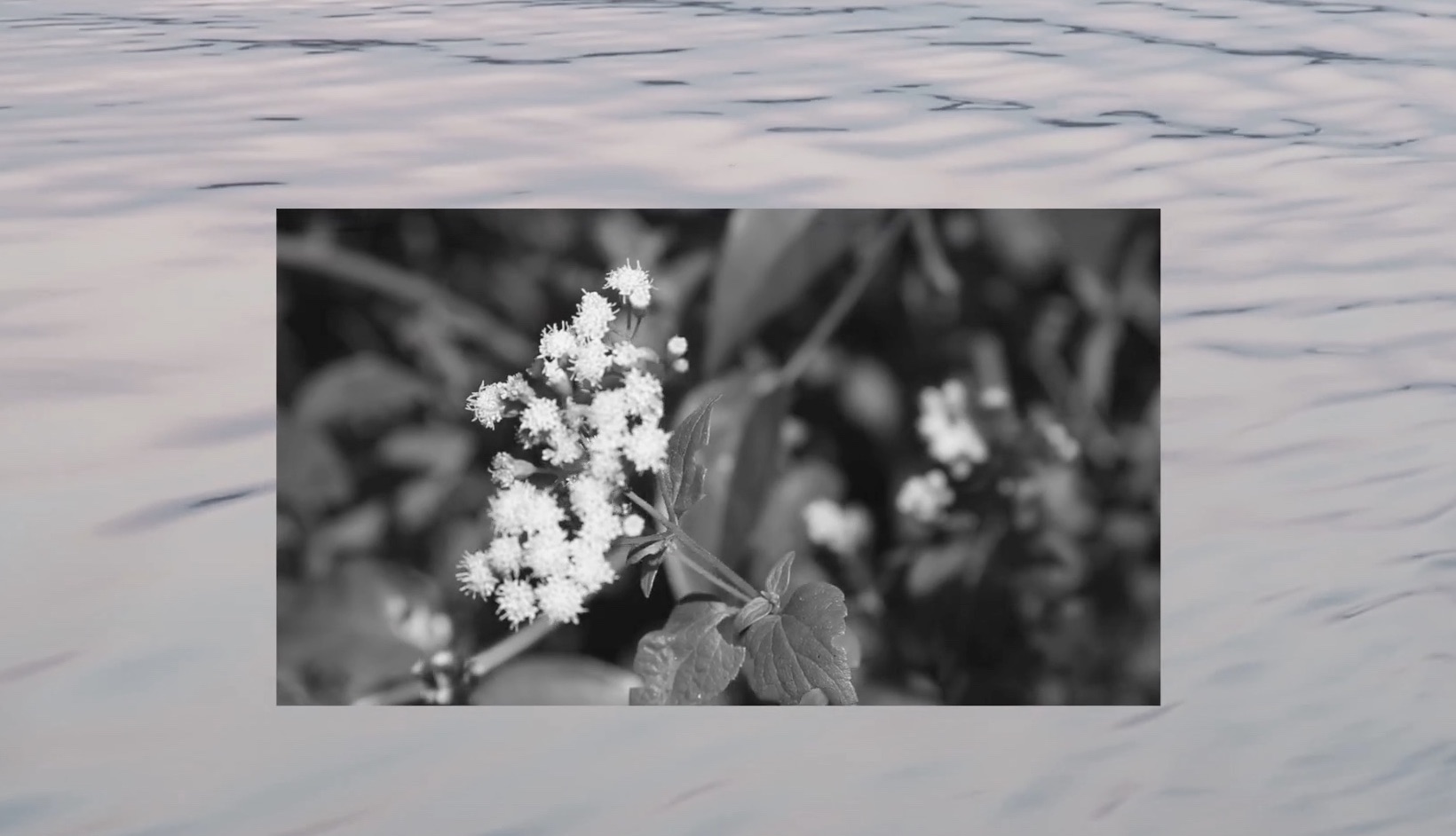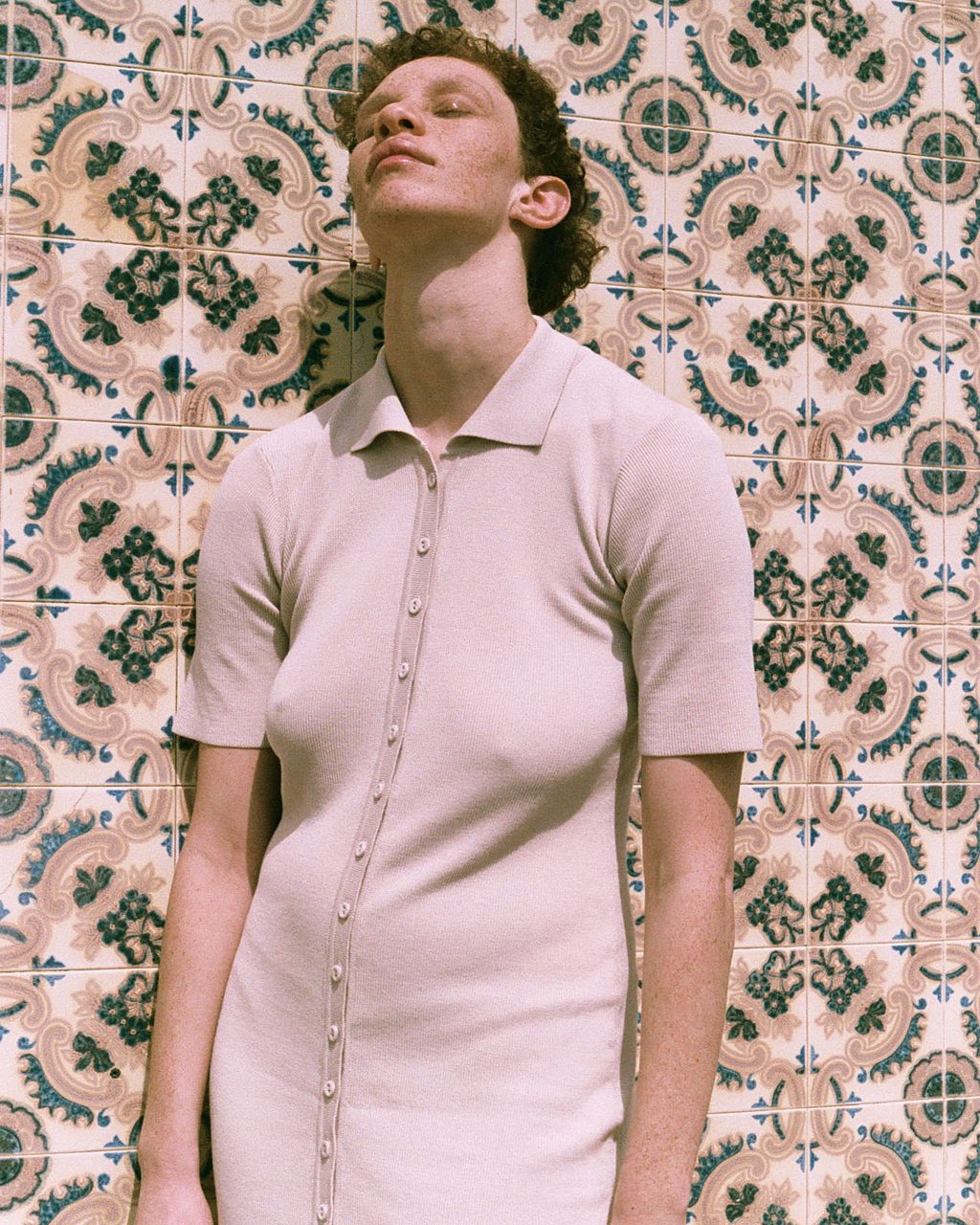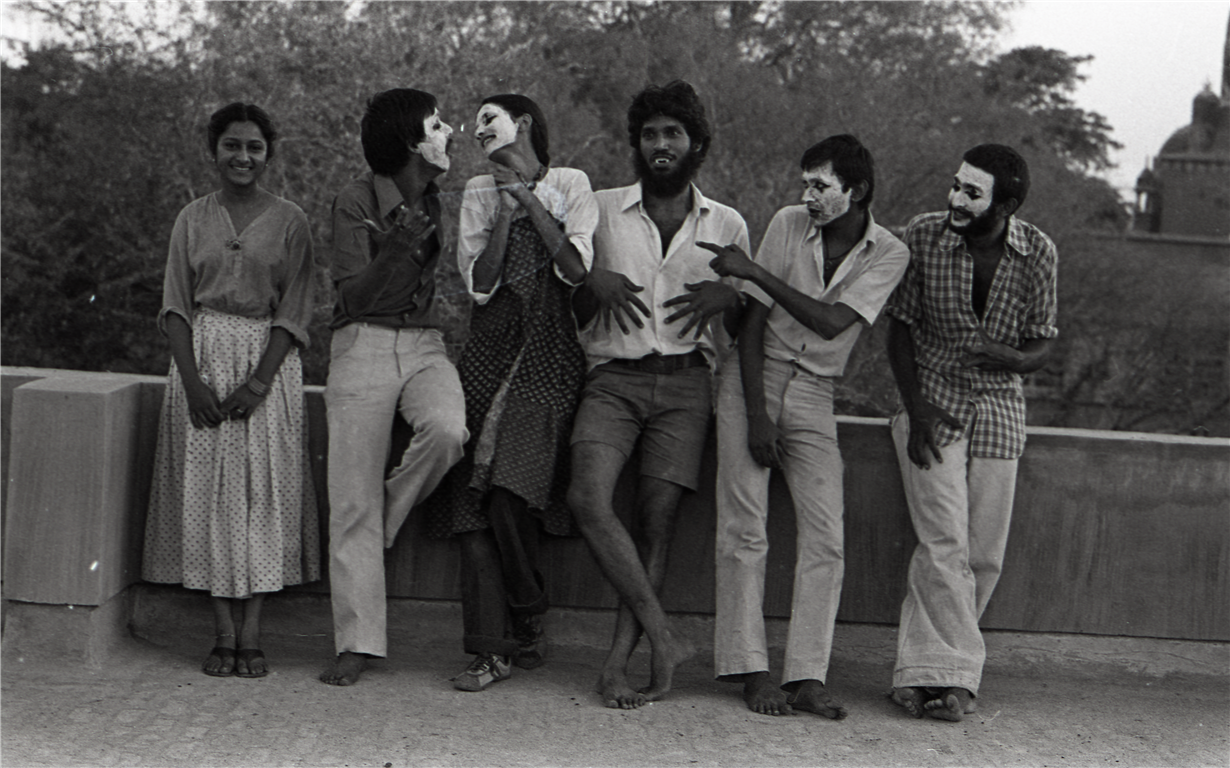Extremely moved by Charlotte Wood’s words, I felt compelled to share this…
Charlotte Wood’s Stella Prize acceptance speech
I am so honoured, and grateful beyond words, to receive the Stella Prize tonight.
I would like first to thank my fellow writers on the shortlist tonight – Mireille, Elizabeth, Fiona, Peggy and my dear friend Tegan – for the quality and integrity of their work. The World Without Us, A Few Days in the Country and Other Stories, Small Acts of Disappearance, Hope Farm and Six Bedrooms all speak to the highest literary ambition, and all of them ring with truth and beauty. I am proud to stand alongside these writers tonight.
Prize nights are a somewhat conflicted space for me for, after twenty years of writing, I know that the measure of a book’s quality, and the measure of one’s worth as an artist, can never be decided by awards. Nor can it be defined by sales, nor even the response of our beloved readers. If there is a measure – and I’m not sure there is – it can only be time. But all this measuring and grading, in any case, is not an artist’s job. Our energies must be dedicated, purely and simply, to the work itself – returning again and again to the writing room and the blank page, defying the cold logic that says you are only worth what you earn, or what others think of you. Showing up to that blank space with curiosity and courage is an exercise in the greatest freedom we can know – intellectual freedom, to explore your obsession with something nobody but you cares about, to pursue your own strange thoughts and dreams, to climb right inside your own dark wormhole of fascination and stay there.
On one very bad day while writing this novel, I thought again about giving it up, and I sent this email to a couple of my writing friends.
Not going so well this week, after all. Somehow swamped again with the futility of this work, trying to find the point of writing a dark, bleak book about girls imprisoned and trapped and reviled. Yesterday I couldn’t see how I was not just adding yet more ugliness to the world. But I have just bucked myself up a little bit, by writing a list of reasons to keep going. Here’s what I came up with. Reasons to write:
- To make something beautiful. Beauty does not have to mean prettiness, but can emerge from the scope of one’s imagination, the precision of one’s words, the steadiness and honesty of one’s gaze.
- To make something truthful. ‘Beauty is truth, truth beauty.’
- To make use of what you have and who you are. Even a limited talent brings an obligation to explore it, develop it, exercise it, be grateful for it.
- To make, at all. To create is to defy emptiness. It is generous, it affirms. To make is to add to the world, not subtract from it. It enlarges, does not diminish.
- Because as Iris Murdoch said, paying attention is a moral act. To write truthfully is to honour the luck and the intricate detail of being alive.
I returned to that email for comfort often through the writing of my novel, but it came back to me again this week because I think perhaps those are also reasons to read, and I want to say something about literature as a force for good in this embattled world of ours.
It often feels to me that we have entered a new dark age – an age in which science is rejected in favour of greed and superstition, in which our planet is in desperate need of rescue; an age in which bigotry and religion are inseparable, and presidential candidates promise to punish women for controlling their own bodies.
I feel that in the midst of this gloom we need art more than ever. Art is a candle flame in the darkness: it urges us to imagine and inhabit lives other than our own, to be more thoughtful, to feel more deeply, to challenge what we think we already know. Art declares that we contain multitudes, that more than one thing can be true at once. And it gives us a breathing space – a space in which we can listen more than talk, where we can attentively question our own beliefs, a place to find stillness in a chaotic world. I hope that my novel has provided some of those things: provocation, yes, but also beauty and stillness.
I thank the Stella judges so very much for choosing my book. To have this recognition means more than I can express.
Thank you to my stalwart friend and publisher Jane Palfreyman, who has stuck by me when a fainter-hearted woman would have fled. To my superb agent, Jenny Darling, who is indefatigable in guiding her clients’ books into readers’ hands.
I thank my beloved writing friends Vicki Hastrich, Tegan Daylight, Eileen Naseby, Lucinda Holdforth and Ailsa Piper, who heard way too much wailing about my struggles with this book, but who never stopped encouraging me. I thank my darling husband Sean McElvogue – the greatest of steadfast supporters, a talented and sensitive man, the best I have ever known.
Last, of course, I thank the long list of Stella organisers and benefactors, who have given their expertise and time, their goodwill and their money to this cause of literature, created by women. They overcame enormous obstacles to set up this prize, and its success in seizing the public imagination so powerfully in such a short time has been utterly extraordinary.
As many of you know, it has never been more difficult to survive as a writer. A 2015 study showed the average income from literary fiction royalties was $4100 per year. Just five per cent of all authors earn more than the average wage from our creative practice. I promise I cite these figures not to complain, because as I said earlier, we writers are privileged to have a life of absolute intellectual freedom, and that is always worth more than money. But I say it so that each private citizen who has made this award possible truly understand the magnitude of their gift, and how much it means to me and all winners of this prize. It means everything.
As you also know, some recent winners of various literary prizes have also shown extraordinary individual generosity, in publicly donating portions of their prize money to crucially important social causes – a move I admire and absolutely respect. But tonight I will not be following in those footsteps. I’m going to keep this prize money. Not just because it will afford me the only thing every writer really wants, time and mental space to work, but because I want to stake a claim for literature as an essential social benefit, in and of itself. I would like all writers – especially those here tonight and most especially women, who so often put their need to make art behind the needs of others – to remember what I rediscovered on that bleak day I mentioned earlier: that to create art is itself an act of enlargement, of enrichment and affirmation. To write well is to light that candle in the darkness, offering solace, illumination – and maybe even the possibility of transformation – not just for the writer but for the reader, and for our society itself.
Thank you so much for this honour.
–
Charlotte Wood, winner of the 2016 Stella Prize for The Natural Way of Things.
Originally published [here]









